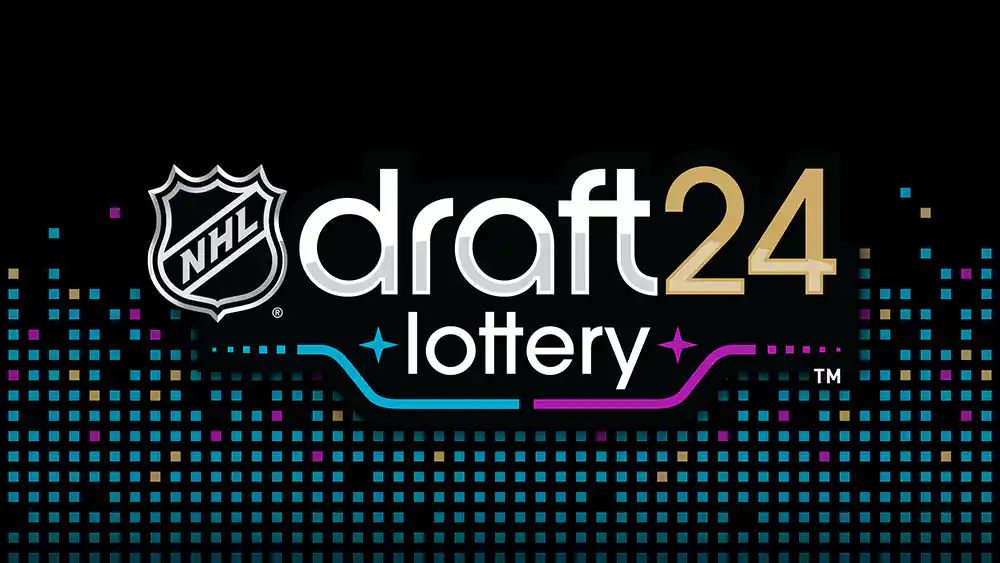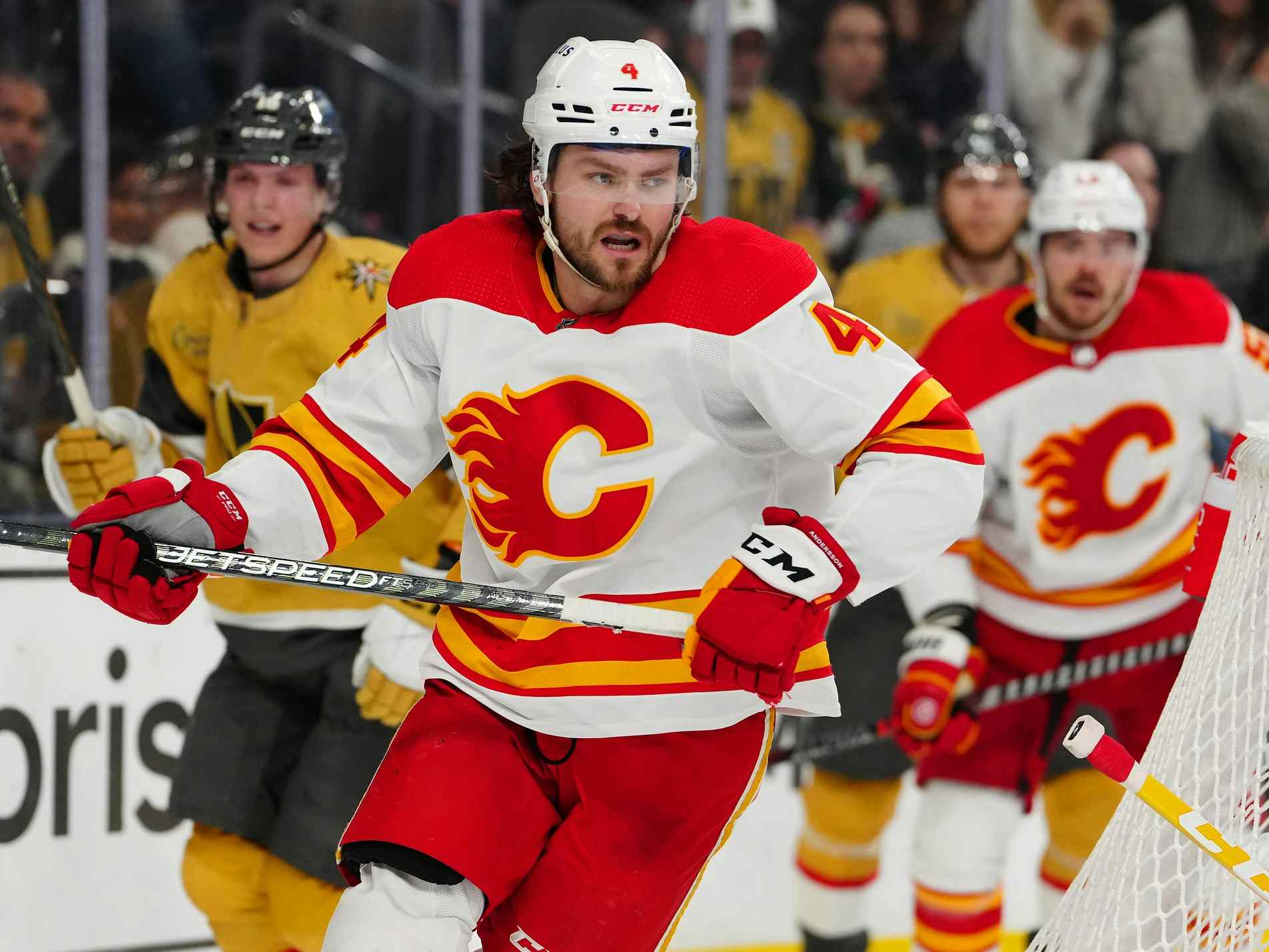Five things: I’ve got the cure
By Ryan Lambert
10 years ago
1. Organizational disease
Something that I thought was terribly interesting this week was the Flames’ performance in the Penticton tournament, and the way in which Jay Feaster reacted to it.
From Thursday to Saturday, the Flames’ rookie tournament attendees had performed very well indeed, beating the absolute hell out of the Oilers’ and Canucks’ prospects by a combined score of 9-3. These games were not even remotely close score wise and all that stuff I said a little while back about how strong the roster the Flames were bringing to that tournament, with its numerous players who had at least some NHL experience, seemed to be coming more or less true.
Then came Sunday night, and a loss to the Sharks’ rookies. It was 3-2, so not exactly a beat down. That, combined with the two convincing wins earlier in the weekend looked like a pretty good reason for Jay "Winning Matters" Feaster to look back wistfully on a tournament in which they took four of six points and lost by a narrow margin to a team that historically drafts pretty damn well.
But no, that didn’t happen, because to Jay "This Is For Real" Feaster, any loss in this tournament — which you’ll also note as being not in any way meaningful — led him to unload the most invective-laced rant I’ve seen from him, for reasons that don’t seem even remotely clear.
"Obviously, a difficult way to end," he said. That’s a fair opener. The thing he said immediately after, though, is guano-level crazy.
"I asked (coach Troy Ward), ‘Is it an organizational disease? What is it?’" he actually said about a meaningless September rookie tournament game the Flames lost by a single goal. "We have to find a way to eliminate it. This has been the M.O. since I’ve been in Calgary — win a couple of games and then we decide we can just throw the sweaters out (on the ice)."
So now we get to look at this loss as being an indictment of the entire Flames organization. Just to carry out the disease analogy to its logical end: This is a team in the late stages of a terminal illness and emergency, dangerous steps (see Thing No. 2) are now being taken to bring it back to health, so let’s go ahead and think about this question logically.
"Is it an organizational disease" that makes the Flames be content with minor success and then think it will all come easy to them after that? It’s funny you ask. Let’s go back to 2003-04, when the Flames were a not-very-good team that happened to advance all the way to Game 7 of the Stanley Cup Final and in doing so made an entire city — and, more important, organization — believe that this was a team capable of competing for the championship every year.
They improved considerably following the lockout and that too sealed the belief that this was a team that could, to borrow Feaster’s own favorite expression, Go For It. And so they did. For years. With no follow-up to the success they enjoyed that fateful and frankly strange spring. All of which has led to four straight years with no playoff appearances whatsoever and has in turn prompted the team to simply start rebuilding.
"Is it an organizational disease?"
Yes, and Jay Feaster and the owners and management types who had no business calling the shots of a hockey team to whom he routinely kowtowed are carcinogens. In his cute little rant, a wonderful little bit of playacting at best and misplaced anger at worst, he noted he’s been with the organization for almost four seasons at this point, and making the biggest decisions for three of them. He, almost as much as anyone else save for Darryl Sutter, is responsible for the sorry state of the team right now; he’s complicit in chasing phantom playoff hopes toward mediocrity and sub-mediocrity, but never to the depths the team needed to truly get better.
"Is it an organizational disease" that led to the general manager of a National Hockey League team torching a bunch of kids who just played their asses off all weekend over one game out of three in a rookie tournament? Yes, it sure is. Because it is an hilarious way for Feaster to underscore what’s wrong with this organization: There are misplaced priorities everywhere.
2. So where’s Burke fit in?
Which I guess brings me to a point about Brian Burke’s hiring, which broke after I wrote 5T last week.
While I am a little dubious of the fact that he too still has to kick big decisions upstairs to Ken King, who by the way doesn’t know enough about hockey to make personnel decisions and is the worst kind of ownership stooge when it comes to successfully running sports franchises, I think Burke will in theory at least be a help to the organization.
He is what Feaster is not: A hockey guy first and foremost and also last. You may have issues with the way he conducted business in Toronto but it’s impossible to say he didn’t restock a dead-in-the-water organization with some young talent. I don’t think his job was done with the Leafs when they fired him, and I think Dave Nonis has done an abysmal job (Nazem Kadri contract aside) in his wake.
With that having been said, Burke will be better at what Jay Feaster is doing than Jay Feaster, and whether you like the organizational philosophy of building through youth but also investing in being Hard To Play Against, Burke certainly subscribes to that. He mentioned size almost the second he started talking a week ago, and that’s been the organization’s modus operandi, for the most part, since the lockout. So be it.
In a best-case scenario he is both an idea-swatter — insofar as Feaster will have to run every decision through him and Burke can veto most or hopefully all of the dumber ones — and also a parachute when Feaster crashes and burns, which I guess you’d have to say is inevitable at this point. Just like Feaster was the insurance policy when Sutter made one bad decision too many, Burke too is going to be that, at least until such time as he can find his own replacement.
I’m not sure that’s in the best interest of the organization in the long run, given that he’s openly opposed to statistical analysis in the same way his hand-picked crack staff now running Toronto is, but you have to think his higher-ups are too. Given the crowd from which Burke comes, he’s likely the best of that bunch, so if it had to be someone of that ilk, at least it was him.
3. Kiprusoff’s retirement
Obviously it’s kind of bittersweet to see Miikka Kiprusoff call it a career, officially and once and for all. But at the same time, I’ve kind of come to view him as the symbol of everything that was ever wrong with the Flames these last several years, so there’s that to consider as well.
The Flames thought they were competitive as long as they could have any reasonable expectation of a decent performance out of Kiprusoff, and he kept tricking them into following him down the rabbit hole. The Flames of 2007 through 2009 got into the playoffs despite his posting save percentages of .906 and .903, and everyone just assumed these were weird quirks or, worse, took the Pavelecian tack of explaining away his poorness with a wave of the hand. "Well he’s just not getting enough help," we’d say. It was around this time, too, that we began to hear the first arguments that he was simply getting too much work, and needed to play fewer games the next season.
Then he rebounded with that .920 season in 2009-10 and everyone said, "SEE!?" That, you’ll recall, was also the season in which the Flames failed to make the playoffs for the first of what would end up being at least four consecutive years.
Then he slumped back again, to .906, and people — not the organization, of course — started to really wonder about if this team was any good. Two years without the playoffs? What was this, the late ’90s? So Kiprusoff went out the next season and did himself one better, going .921/2.35 for the season, winning 35 of his 70 starts (though that’s worse than 37 of 71 the previous year) and having almost everyone — again, not the organization — say that it was indeed time to blow it up.
And in his final season in Calgary, in which he posted a putrid .882 save percentage and was so bad as to even drive the Flames’ management to the decision that a rebuild was a necessity, he refused a trade to a team that actually wanted to take him aboard, because he was stubborn and didn’t give a rat’s ass about the organization.
I don’t wanna say good riddance, but on a symbolic level…
4. Speaking of goaltending…
This is starting to run extraordinarily long, so I’ll just scrap the planned chit-chat and say I was terribly glad to see some speculation that the Flames might take a run at Tim Thomas get torched by Bob McKenzie, because that sould have been a flip-your-desk-over moment for most rational Calgary fans.
5. You guys earned this

Recent articles from Ryan Lambert




